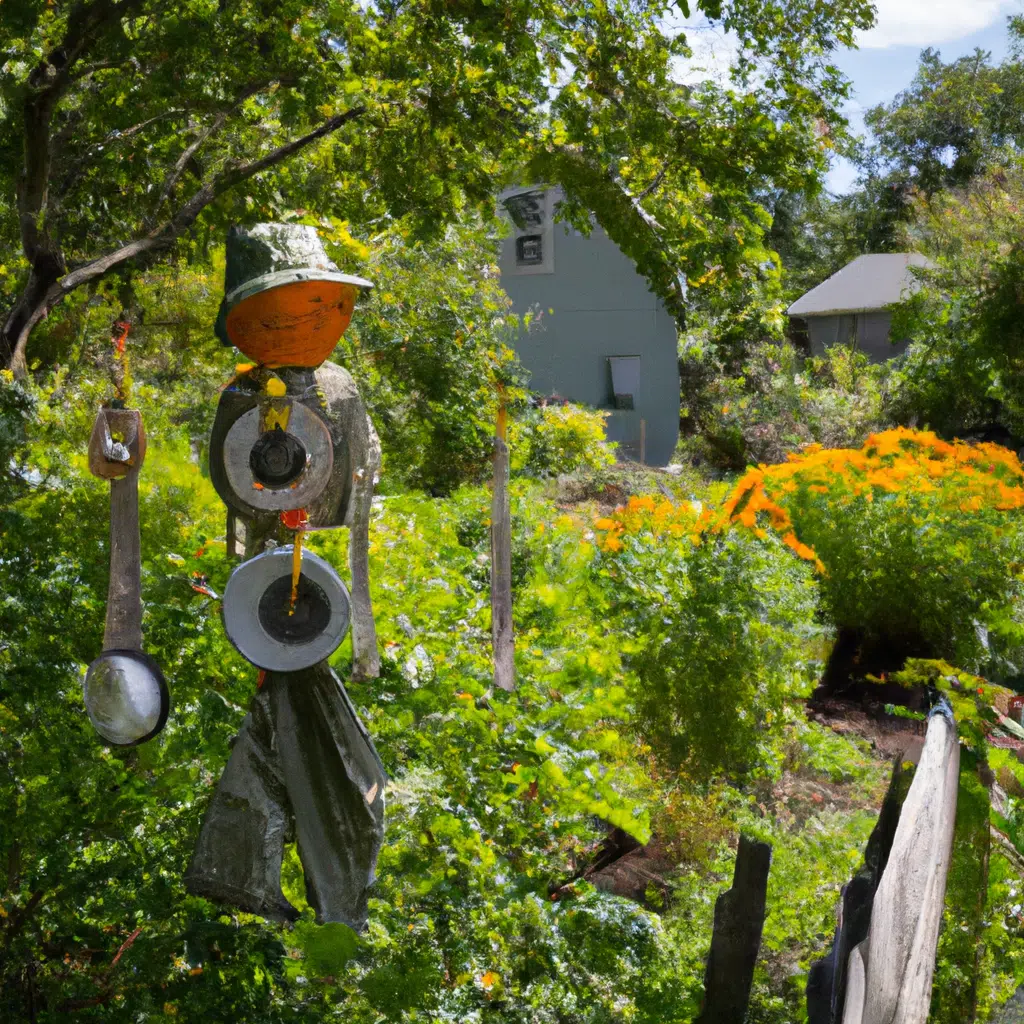
Are you tired of pests destroying your garden and leaving you with a poor harvest? Do you want to protect your crops without resorting to harmful chemicals? In this article, we will reveal the secret to a thriving garden: unconventional ways to protect crops from pests.
Introduction
Pests can be a major problem for gardeners, damaging crops and reducing yields. Many gardeners resort to using chemical pesticides to protect their crops, but these can be harmful to the environment and may leave residues on the produce. Fortunately, there are many natural and unconventional methods that can be used to protect crops from pests.
Companion Planting
Companion planting involves planting different crops together that benefit each other. Some plants are natural pest repellents, while others attract beneficial insects that prey on pests. For example, planting marigolds around the perimeter of your garden can help to repel pests, while planting herbs such as basil and dill can attract predatory insects such as ladybugs and lacewings.
Crop Rotation
Crop rotation involves planting different crops in the same area each year. This helps to prevent the buildup of pests and diseases in the soil. For example, planting legumes such as beans and peas in one year can help to fix nitrogen in the soil, while planting brassicas such as broccoli and cabbage in the following year can help to control soil-borne pests and diseases.
Biological Control
Biological control involves using natural predators to control pest populations. This can be done by introducing predators such as ladybugs, lacewings, and praying mantises into your garden. These insects feed on pests such as aphids, mites, and caterpillars, helping to keep their populations in check.
Organic Pesticides
If you do need to use a pesticide, opt for an organic option rather than a chemical one. Organic pesticides are made from natural ingredients and are less harmful to the environment. Some examples include neem oil, pyrethrin, and diatomaceous earth.
Physical Barriers
Physical barriers can be used to keep pests out of your garden. For example, covering your crops with netting or row covers can prevent insects such as moths and beetles from laying their eggs on your plants. You can also use sticky traps to catch flying insects such as whiteflies and thrips.
Conclusion
In conclusion, there are many unconventional ways to protect crops from pests. By using companion planting, crop rotation, biological control, organic pesticides, and physical barriers, you can protect your garden without harming the environment. So why not try some of these methods in your garden and see the results for yourself? With a little bit of effort and creativity, you can have a thriving garden that is free from pests.

